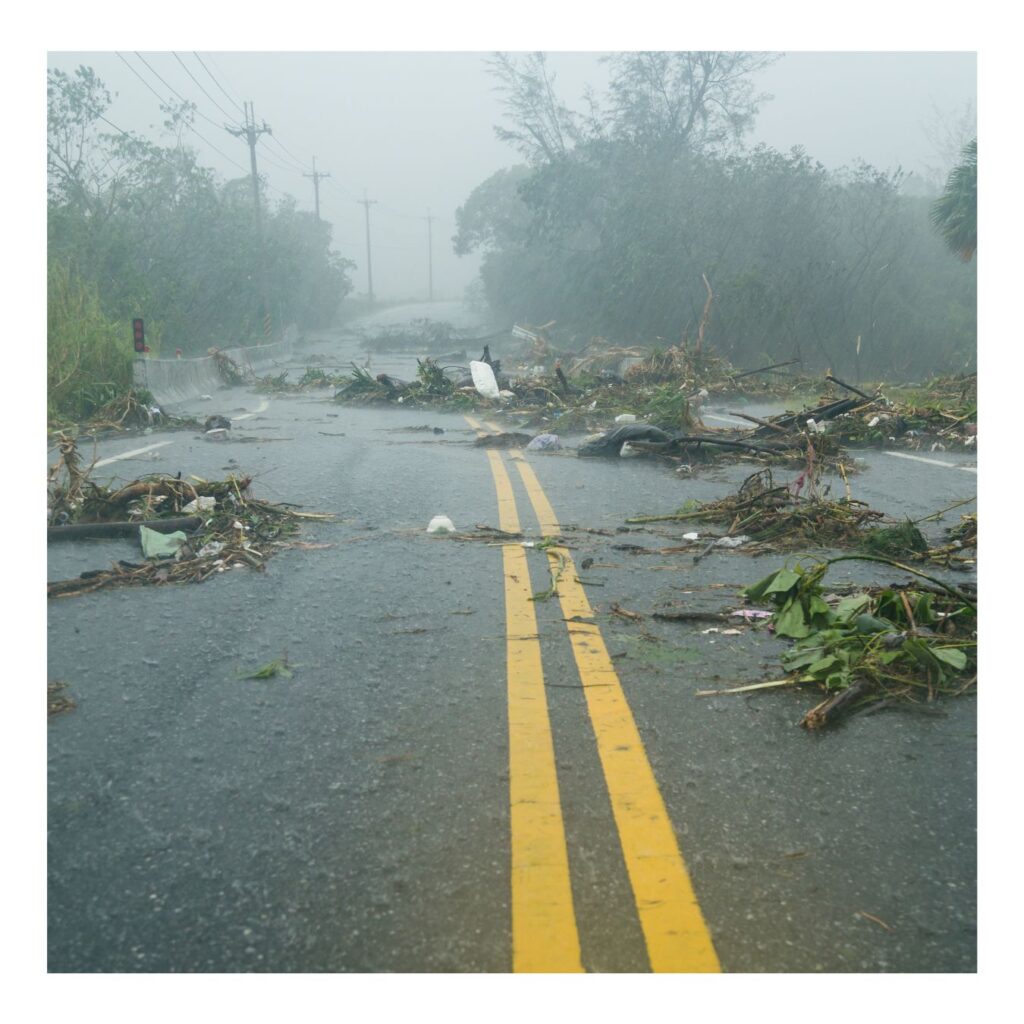 Hurricane season occurs between June 1st to November 30th every year. While the hurricane itself ends, these storms leave considerable damage behind. Here at RogersGray, we work with top carriers to make sure you’re prepared, covered, and safe for when the unexpected occurs.
Hurricane season occurs between June 1st to November 30th every year. While the hurricane itself ends, these storms leave considerable damage behind. Here at RogersGray, we work with top carriers to make sure you’re prepared, covered, and safe for when the unexpected occurs.
Here are some tips to make the recovery process from a hurricane as safe and stress-free as possible:
Return home only if it is safe. Even once the hurricane has ended, there are still dangers present, so you should continue to listen to weather advisories and notices, so you know when it’s safe to return home. In addition, follow all designated routes on your way home, as it is likely some roads will be closed from flooding and damage.
Document the damage. Take pictures of everything. This is an integral part of recovery, as documenting any damage or cleanup allows your insurance company to have a visual record of what happened. Performing recommended duties after a loss (see below) to the best of your ability following a storm will ensure that you are prepared to make a claim as soon as you’re safely able to.
Contact your insurance company. They’re here to help, so let your insurance agent know you’ve been involved in a hurricane and they’ll be able to guide you along in the process of filing a claim.
Look into applying for additional assistance. Your county may qualify for assistance through the Federal Emergency Management Association (FEMA), which could help cover things that aren’t under the realm of your homeowners or business insurance. Learn more about FEMA disaster assistance.
Take steps to prevent further damage. Once it is safe enough to do so, you can take steps to prevent further damage to your belongings. Whether you obtain a tarp to prevent further water damage to your home or move your belongings to a storage unit to keep them safe and dry, taking small steps like these will help to keep your possessions as safe as possible from the aftermath and future threats. Another helpful tip is to assemble an emergency supply kit with these recommended supplies:
- Battery-powered radio
- Flashlights
- Extra batteries
- Cell phone and chargers
- First-aid kit
- Medicines, including prescriptions
- Basic and necessary toiletries
- Copies of key papers such as insurance policies
- Cash
It is also a good idea to maintaining an electronic record of important contact numbers and insurance policy information for easy reference.
Continue to stay informed. Just because the hurricane itself is technically over, there may still be considerable dangers. Continue to tune in to various news stations and communications from local authorities to ensure you have up to date information about cleanup and the recovery process so you can navigate a safe return to normalcy.
Help others. If you are fortunate to have a small amount or no damage as a result of the hurricane, be sure to lend a helping hand to others around you who may have not been so lucky.
To find out more about hurricane insurance, connect with RogersGray. We’d love to help you in making sure that your insurance is suitable to your needs so you can protect what matters most to you.
Recommended Duties After a Loss
- Notify your agent promptly
- Notify the police in case of loss by theft
- Notify the credit card or electronic fund transfer card or access device company in case of loss
- Protect the property from further damage. If repairs to the property are required, you should:
- Make reasonable and necessary repairs to protect the property; and
- Keep an accurate record of repair expenses;
- Cooperate with your agent in the investigation of a claim
- Prepare an inventory of damaged personal property showing the quantity, description, actual cash value and amount of loss. Attach all bills, receipts and related documents that justify the figures in the inventory.
- As often as your agent reasonably requires:
- Show the damaged property;
- Provide requested records and documents
- Submit to examination under oath, while not in the presence of another “insured”, and sign the same;
- Send to your agent, within 60 days of their request, your signed, sworn proof of loss which sets forth, to the best of your knowledge and belief:
- The time and cause of loss;
- The interests of all “insureds” and all others in the property involved and all liens on the property;
- Other insurance which may cover the loss;
- Changes in title or occupancy of the property during the term of the policy;
- Specifications of damaged buildings and detailed repair estimates;
- The inventory of damaged personal property described in 6. above;
- Receipts for additional living expenses incurred and records that support the fair rental value loss; and
- Evidence or affidavit that supports a claim pertaining to credit card or electronic fund transfer fraud that states the amount and cause of loss
